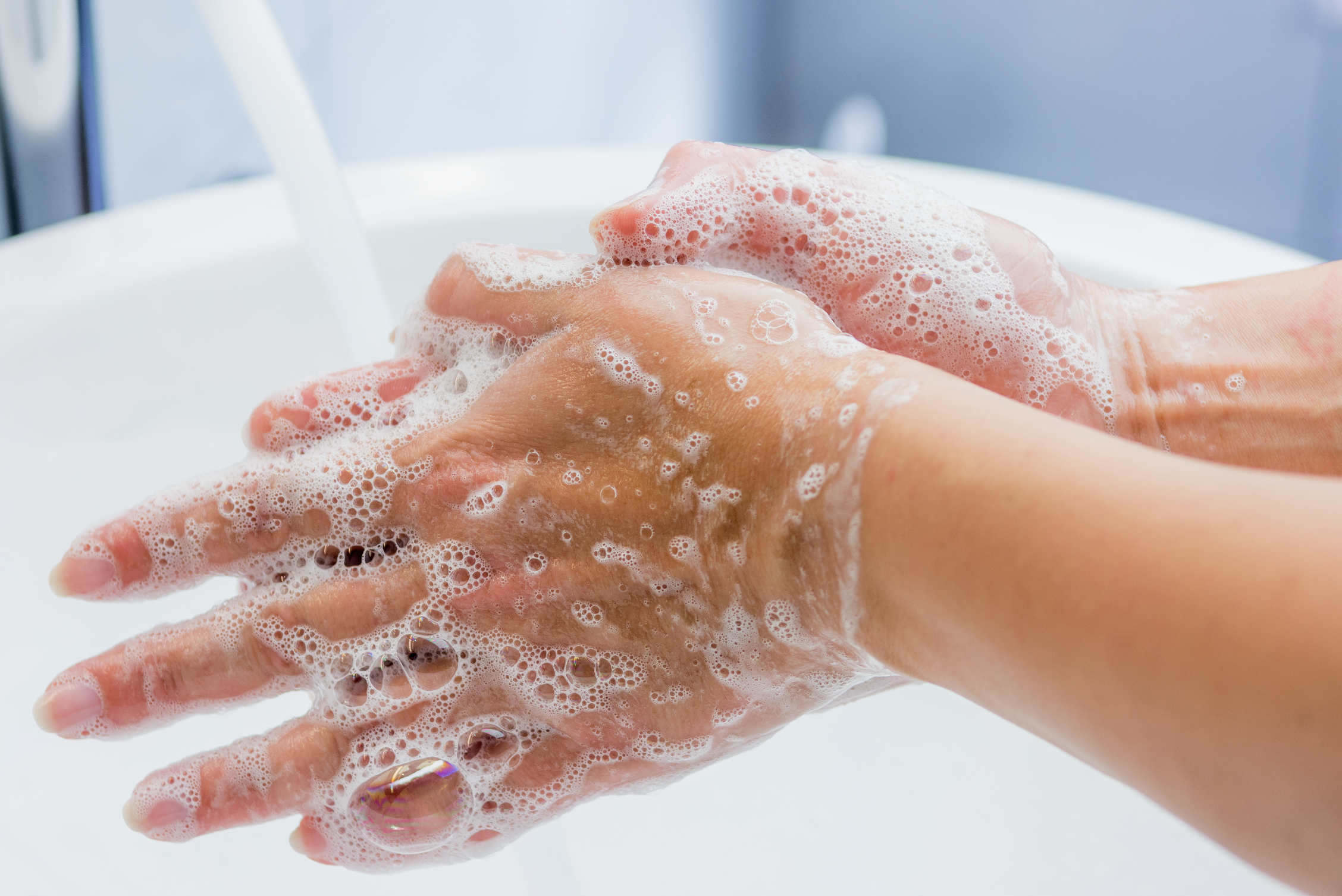The signs and reminders are everywhere. Wash Your Hands! There are jingles and timers to help you do it long enough. Hand sanitizer dispensers are conveniently placed in convenient areas, and so are little handwashing sinks. You probably could recite the five steps to a perfect handwash, because after all, it really is the best way to prevent infection.
While this information is crucial for your littlest patients to stay healthy in the NICU, it is also very hard on your hands in the dry winter months. Since washing your hands is not an option as a neonatal nurse practitioner, what can you do to help your hands stay clean and hydrated during the difficult cold and flu season?
Use A Quality Hand Lotion
When you wash your hands, not only are the germs being washed away, natural oils and moisture are also being stripped away. To help replace these oils that keep your skin together, use a hand lotion that is rich in emollients and moisturizers.
Remember, a good lotion for your dry, cracked hands will not be the ones that are heavily scented or discounted. Try to avoid the Bath and Body Works or Victoria Secret brands of lotion as these are more focused on light moisturizing and perfume. Some excellent deep moisturizers are:
- Curél Ultra Healing Intensive Lotion for Extra-Dry, Tight Skin,
- CeraVe SA Renewing Lotion
- Cetaphil Intensive Moisturizing Cream with Shea Butter
- D.I.Y – Make your own lotion with a few ingredients
Eat Healthy Fats
What you eat does affect the quality of your skin, and eating the right kind of fats can help provide the moisture that your skin needs. No, this doesn’t mean you should order an extra-large helping of french fries at the cafeteria, but you can eat foods that are healthy for your skin. Try to eat more of these:
- Nuts – pecans and almonds
- Fatty Fish – salmon and tuna
- Avocado
- Oils – coconut and olive oil
Drink More Water
Your skin needs hydration, and that comes from water. It does not come from sodas, coffee, or caffeinated teas, but it comes from water. And while working a busy shift in the NICU it can be challenging to have time to drink lots of water (and use the restroom too!), so try to limit your intake of coffee and purposely switch out your beverage to water.
According to the Mayo Clinic, 60 percent of your body weight is made up of water. To keep your body functioning normally, it needs a lot of water to do it properly. In the winter months, this is especially important as the heat tends to dry your skin out even more.
How much should you drink? The old adage of eight glasses a day is good, but it’s just a starting point. You should be drinking at least 64 ounces every day, but try to do more if you can.
Tips for More Moisturizing
- Skip the hand sanitizer if you can. If you have time to wash your hands properly, do this as the alcohol and soaps can be rinsed off your hands instead of remaining.
- Carry your own lotion in your pocket. Instead of waiting for the end of the day to moisturize your hands, just carry a small bottle in your pocket, so you’ll never have to let your hands get cracked and painful.
- Wear aloe-infused gloves at night. Lotion-infused gloves can help add more moisture to your hands while you are sleeping.
- Switch out your soaps at home. Anti-bacterial soaps and dish detergents can be harsh on your hands, as well as perfumed or deodorant soaps. During the winter months, switch out your soaps to ones that are infused with moisturizing ingredients. Then when it warms back up, switch back to the nice smelling ones.
- Use warm water, not hot water. Hot water feels good and can warm up your hands, but it can also dry out your skin even more. So turn down the temperature a few degrees.
Conclusion
During the dry months, it is important to keep your hands clean and moisturized. This can be done by using a quality moisturizer, eating healthy, and drinking lots of water. Dry cracked hands are painful and are hard to repeatedly wash; so remember, to keep you and your patients healthy, be proactive about keeping your skin healthy!
Have you ever had dry, cracked hands during cold and flu season?
What have you done to help treat your hands and keep them clean at the same time? We’d love to hear from you!


